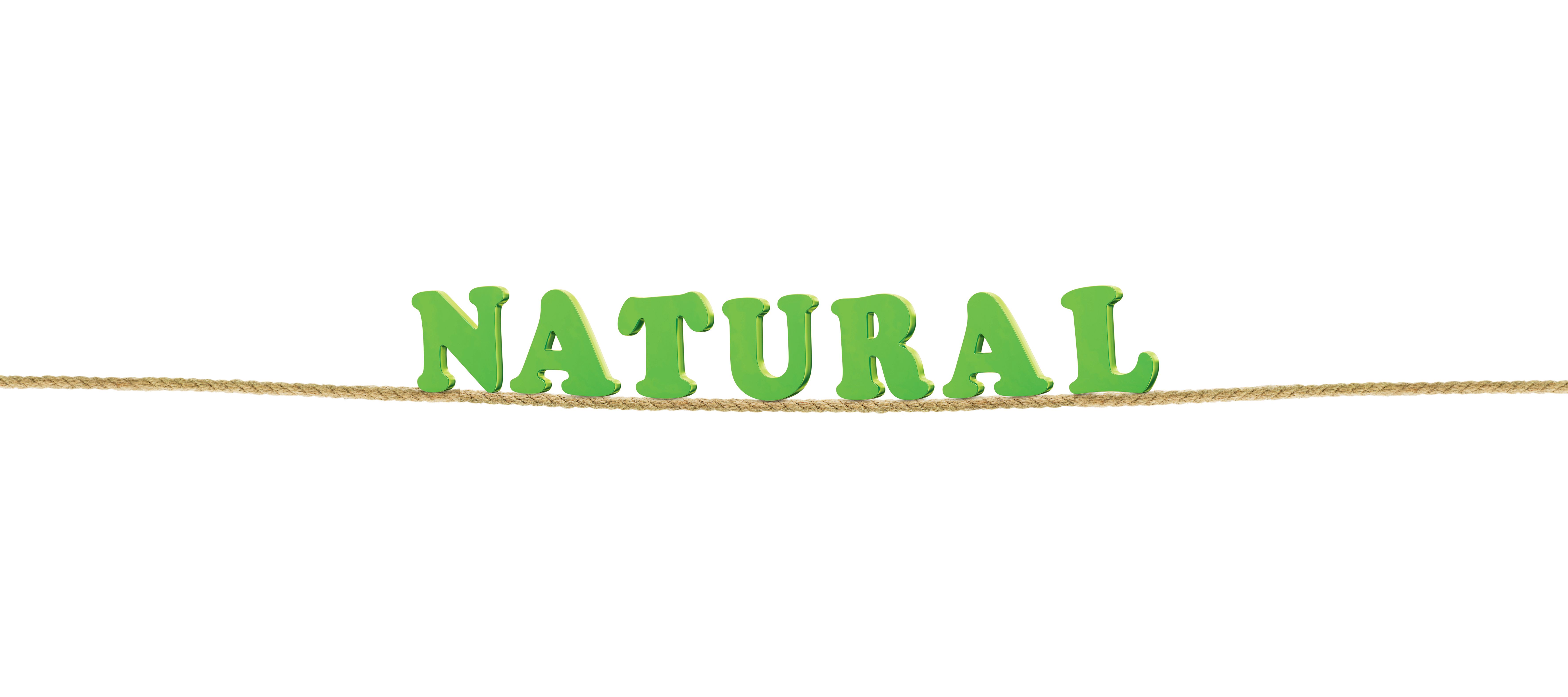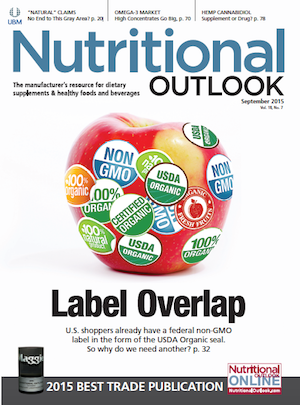Without a Regulatory Definition for Natural, Industry Still in Limbo
How long can marketers go on without a definition for natural?
Photo © iStockphoto.com

The area surrounding “natural” claims in food, beverage, and dietary supplement advertising is still undeniably gray. A Nutritional Outlook article I wrote last year discussing the state of such claims concluded that until FDA formally defines the term natural, this claim-and the lawsuits it inspires-will continue to generate huge expenditures of time, money, and resources for industry companies. As we take our annual temperature of the regulatory and legal status of “natural” claims, has anything changed? Unfortunately not…for now, at least.
No Definition, No Clarity
“Natural” claims continue to make the headlines of industry magazines, legal websites, and blogs and court dockets for one primary reason: no one knows what natural really means. FDA continues to make it clear that defining natural is not a high-priority agenda item for the agency. And it shows in the agency’s actions. Historically, FDA has taken limited action against companies over the use of natural. When it has taken a public position over the use of natural or variations like all natural or 100% natural, the agency has done so only regarding ingredients that most reasonable people would understand not to be natural.
FDA sent and posted three warning letters on the subject in late 2014 and one letter in May of 2015. In each of those letters, FDA repeated its unofficial policy regarding use of the term natural on food labeling: “FDA considers use of the term “natural” on a food label to be truthful and non-misleading when ‘nothing artificial or synthetic … has been included in or has been added to, a food that would not normally be expected to be in food.’” See 58 Fed. Reg. 2302, 2407 (1993).
In the case of these four recent warning letters, the ingredients in question were sodium acid pyrophosphate, calcium sorbate, polysorbate 40, sodium benzoate, and various artificial colors such as Yellow 5 and Red 40.
For companies, a good and obvious rule of thumb to follow is that if the word artificial appears in the name of your ingredient, the ingredient is probably not “natural.” Not all cases are as clearly cut, however, and many “natural” claims are made for products containing ingredients for which it is less clear as to whether they are “artificial,” “synthetic” or “normally expected to be in a food.”
Fertile Ground for Plaintiff Lawyers
Lack of clarity is the arena in which plaintiff lawyer like best to play. Without a formal definition, it is difficult for a company to defend its use of natural, all-natural, or 100% natural claims. In fact, very few cases, if any, actually proceed to a point that a judge or jury will actually evaluate the reasonableness of a “natural” claim.
Most cases are either dismissed by courts at the class certification stage because the plaintiffs are unable to prove necessary elements like common issues, adequate class representation, or standing-or the cases are settled out. Plaintiff lawyers count on the fact that many companies, especially smaller ones without the resources for a prolonged fight, will assess the situation and make a determination that settling early and moving on is better than fighting a case that, while they might even eventually win, could end up costing several thousands of dollars in attorneys’ fees in the process. As a result, lack of precedent only serves to further the uncertainty of the term natural. Until FDA formally defines natural, it will be very hard for companies to know how to properly use the claim.
In the meantime, companies are trying their best to find stable ground. As a general rule, companies are responsible for reasonably interpreting a claim; thus, the more specific that a company can be when justifying its “natural” claim, the less opportunity an opposing party has to argue that the company is misrepresenting the claim.
Also consider this: Does 100% natural carry a different standard than simply natural? Is the claim “made with natural ingredients” different than “all natural”? Many would answer yes; unfortunately, there is no black-and-white answer. Thanks to these obscurities, even companies trying to advertise responsibly-not just “bad actors”-find themselves vulnerable and are also getting caught up in the net of class action litigation.
An End in Sight?
Should companies consider “natural” a verboten claim? There has certainly been a slowdown of the rampant use of natural, all natural, and 100% natural. And, for what it’s worth, many marketing pundits suggest that due to oversaturation of “natural” claims and the amount of litigation and headlines over the term, the “natural” claim on a label does not carry the same sway with consumers that it once did.
If a company still decides to call its product “natural,” the company is well-advised to closely evaluate and weigh the benefits from using the claim against the potential risks of litigation.
FDA might not be close to defining natural-but in the near future, the agency may be forced to, thanks to a certain GMO-labeling bill on the floor of Congress. The Safe and Accurate Food Labeling Act of 2015 (HR 1599), which would create a voluntary federal certification regime for GMO-labeling, recently passed a U.S. House of Representatives vote in July and pends a vote in the Senate. Nestled within the bill is a provision that would require FDA to finally define the terms natural, 100% natural, naturally grown, all natural, and made with natural ingredients. If this law passes, it could be a game-changer for the “natural” claim. Until then, stay tuned.
This article is issued for informational purposes only and is not intended to be construed or used as general legal advice. The opinions expressed are those of the author exclusively.
Also read:
Global Regulations: Why is FDA reluctant to define "natural"?
Natural Versus Synthetic Ingredient Debate
Justin J. Prochnow is an attorney and shareholder in the Denver, CO, office of the international law firm of Greenberg Traurig LLP. His practice concentrates on regulatory and legal issues affecting the food and beverage, dietary supplement, and cosmetic industries. He can be reached at 303/572-6500 or at prochnowjj@gtlaw.com and on Twitter at @LawguyJP.

HHS announces restructuring plans to consolidate divisions and downsize workforce
Published: March 27th 2025 | Updated: March 27th 2025According to the announcement, the restructuring will save taxpayers $1.8 billion per year by reducing the workforce by 10,000 full-time employees and consolidating the department’s 28 divisions into 15 new divisions.





















